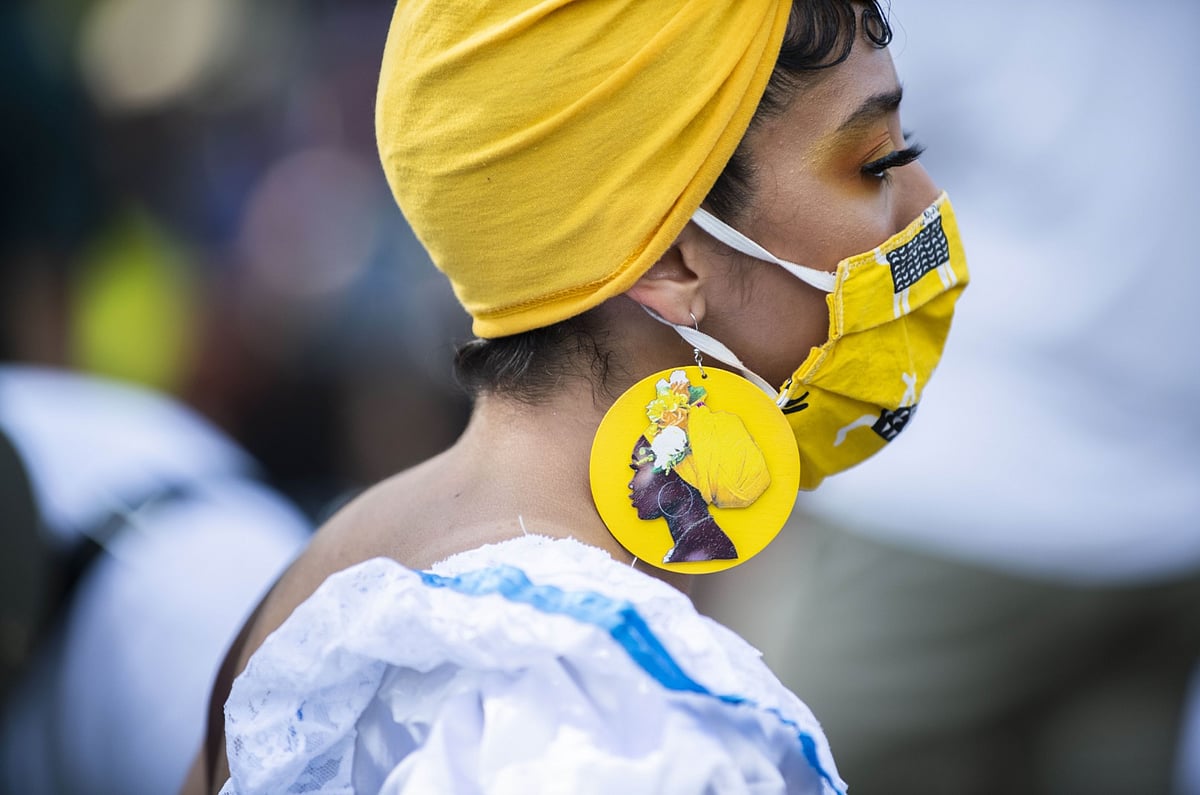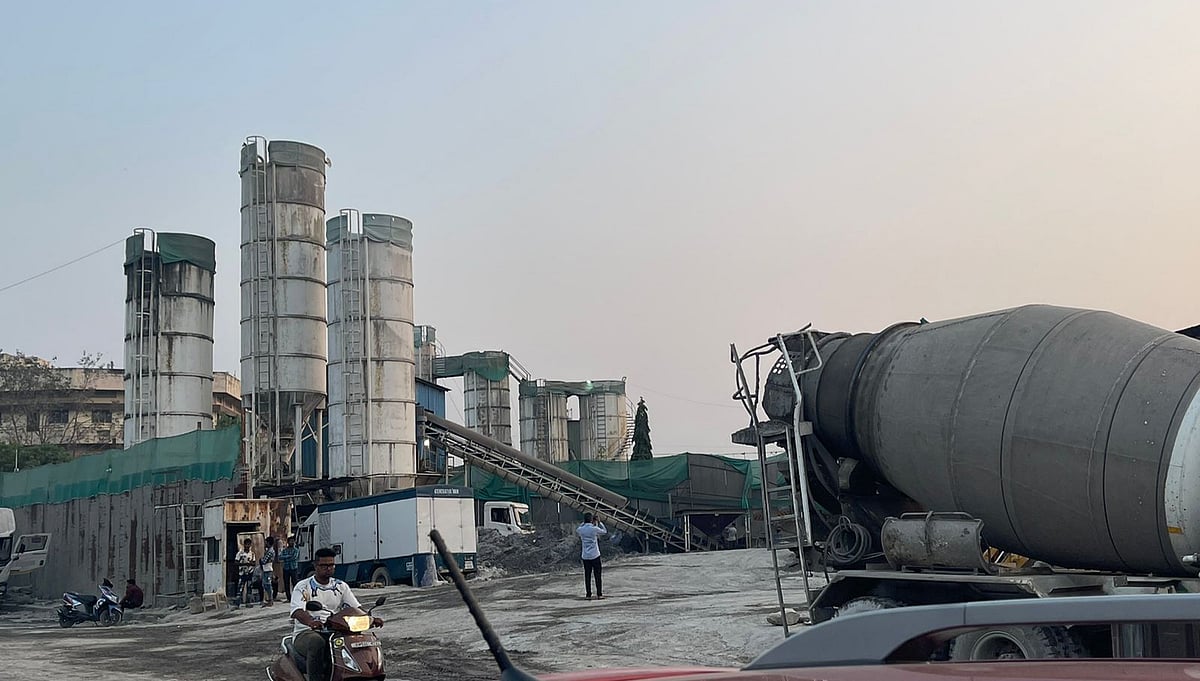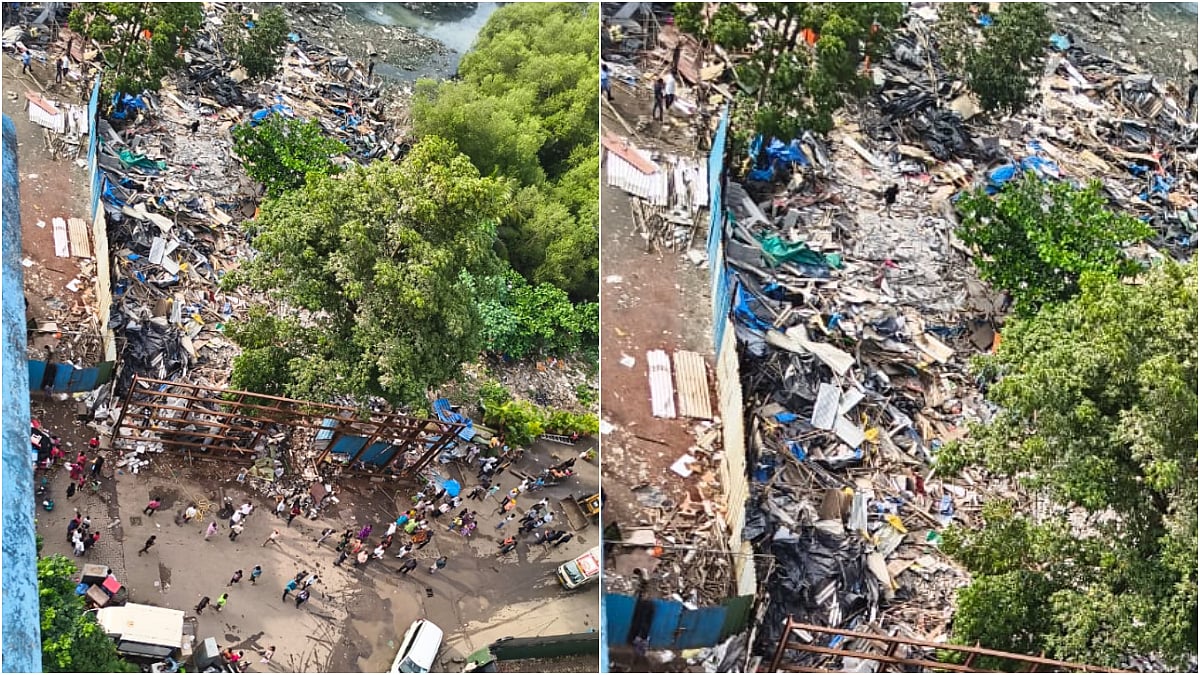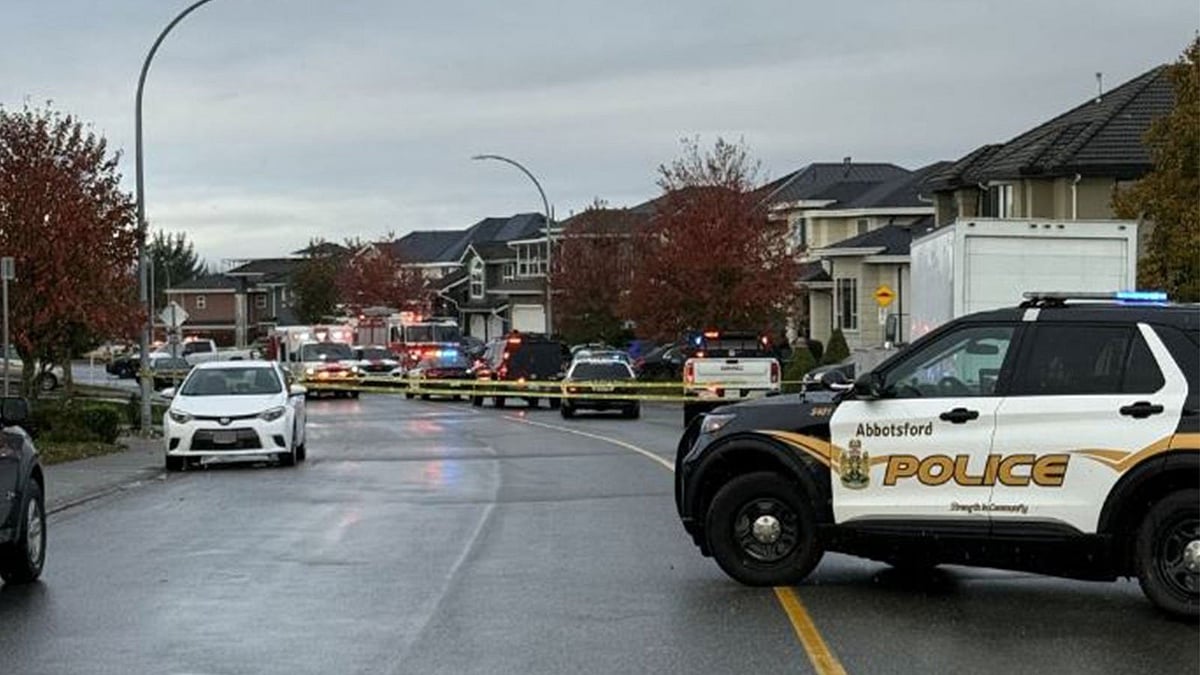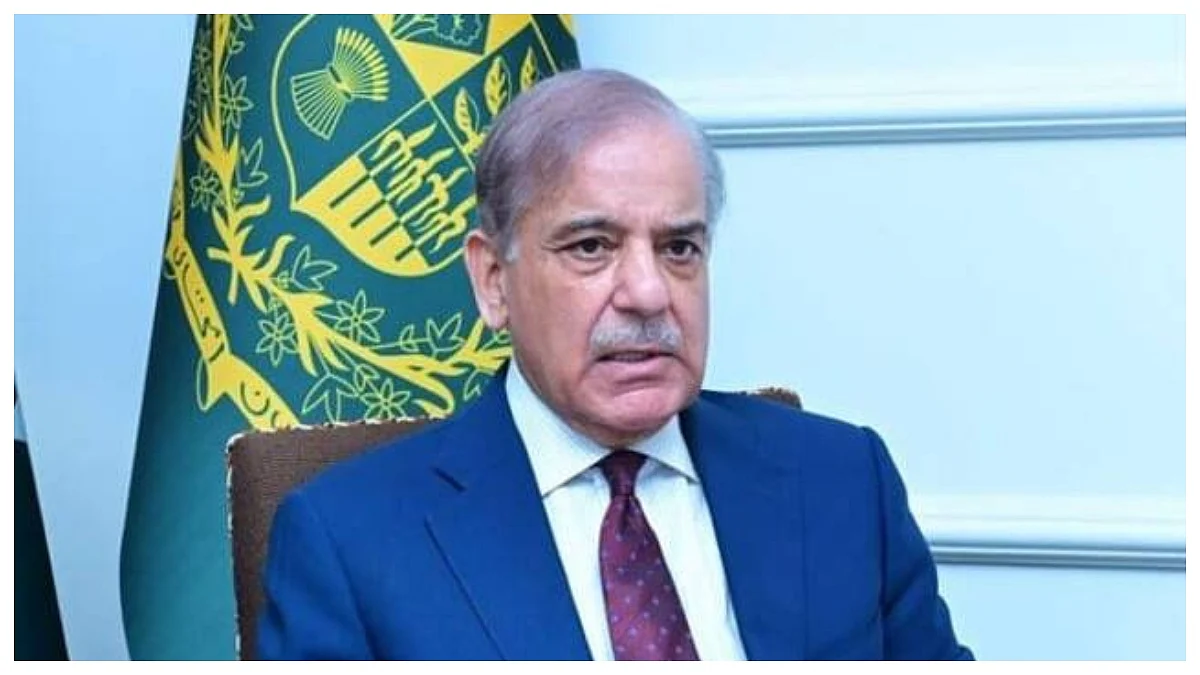Mexico City halts reopening due to surge in COVID-19 cases
Mexico City has delayed a planned reopening of businesses until coronavirus infections drop, its mayor has said, as cases continue to surge nationwide.
The city had been hoping to open hotels, restaurants and shopping centres on Saturday as part of its traffic-light system for easing the lockdown, the BBC reported.
But on Friday, Mayor Claudia Sheinbaum said the capital city would remain at red - the highest level of lockdown - until next week.
As of Friday, hospital-bed occupancy was at 65 per cent and case numbers had not decreased to the point where opening the economy would be possible.
"The activities we announced... cannot open, we're going to wait for the infections to reduce," the Mayor said.
The coronavirus pandemic is yet to reach its peak in Mexico, where deaths increased to 20,394 on Friday, one of the highest tolls in the world.
Mexico has reported a total of 170,485 COVID-19 cases to date, but the true number is thought to be much higher because of insufficient testing, said the BBC report.
Mexico City is the worst-affected area in the country.
Household restriction reimposed in Australia's Victoria state
Australia's Victoria state is set to reimpose household restrictions from Monday after recording double-digit increases in COVID-19 cases for a fourth consecutive day.
Victoria Premier Daniel Andrews says household gatherings will be restricted to five guests and outdoor gatherings to 10 people until midnight July 12.
Andrews said Victoria recorded 25 new cases on Saturday, the biggest daily increase in two months.
The planned easing of restrictions for cafes, restaurants and pubs, from a maximum of 20 guests to a maximum of 50, will be deferred for three weeks.
Businesses that are set to open for the first time Monday, including gyms and cinemas, will be allowed to do so but with a maximum of 20 people.
More than half of the of the new cases in Victoria have come from family-to-family transmission, Andrews said, adding: "I'm frustrated by it. I'm disappointed by it." He said the numbers remained low but the state authorities are "acting quickly and early to get back on top of it." Andrews flagged the prospect of COVID-19 hot spots being forced back into stay-at-home lockdown if local outbreaks become serious.
Victoria state has accounted for 19 of Australia's 102 deaths from COVID-19, and almost 1,800 of the country's 7,411 confirmed infections, according to data compiled by Johns Hopkins University.
Mecca mosques set to reopen on Sunday
More than 1,500 mosques are due to reopen Sunday in the holy city of Mecca amid strict health precautions after three-month closure due to the COVID-19 pandemic in Saudi Arabia, a media report said.
Late last month, mosques reopened across Saudi Arabia, except in Mecca, for congregation prayers as part of a phased plan for gradual return to normalcy, said the Gulf news report.
On Sunday, nearly 1,560 mosques in Mecca will reopen for worshippers starting from the Fajr prayer.
The branch of the Ministry of Islamic Affairs in Mecca has readied the city's mosques for the planned reopening by putting in place precautions that include the use of personal prayer rugs, and keeping distancing among worshippers.
The Ministry has hired agencies to sterilise and clean up the places of worship during their shutdowns, added the Gulf News report.
Volunteers have worked over the past days in implementing precautionary steps inside Mecca's mosques including pasting signs on carpets showing worshippers distancing while they offer prayers.
As of Saturday, Saudi Arabia reported a total of 150,292 COVID-19 cases, with 1,184 deaths.
Spain's lockdown to be lifted after 98 days
Spain's state of alarm, the emergency mechanism propping up the nationwide lockdown to contain COVID-19, will expire midnight on Saturday, 98 days after it first came into effect.
In an unprecedented situation during the country's history, the days under lockdown in Spain progressed at varying speeds, reports Efe news.
But with the gradual easing of restrictions several weeks ago, life has slowly returned to the streets, squares, shops, highways, factories, offices, bars and beaches up and down the country.
On March 14, prime minister Pedro Sanchez's government turned to the constitution to enact the state of alarm.
It was only the second time in Spain's modern democratic era that such an extraordinary move had been deemed necessary.
Back in 2010, the government took similar measures during the air traffic controllers' strike, but the emergency mechanism only lasted 15 days.
The COVID-19 state of alarm was also initially imposed for 15 days but was eventually extended six times.
The virus is still active in the country and the government has warned people not to let their guard down.
From midnight Spain enters what politicians around the world have billed the "new normality".
The state of alarm will be lifted but social-distancing, hygiene protocol and obligatory mask use will remain in force until a vaccine for COVID-19 is found.
The number of COVID-19 cases in Spain as of Saturday stood at 245,575, with 28,315 deaths.
